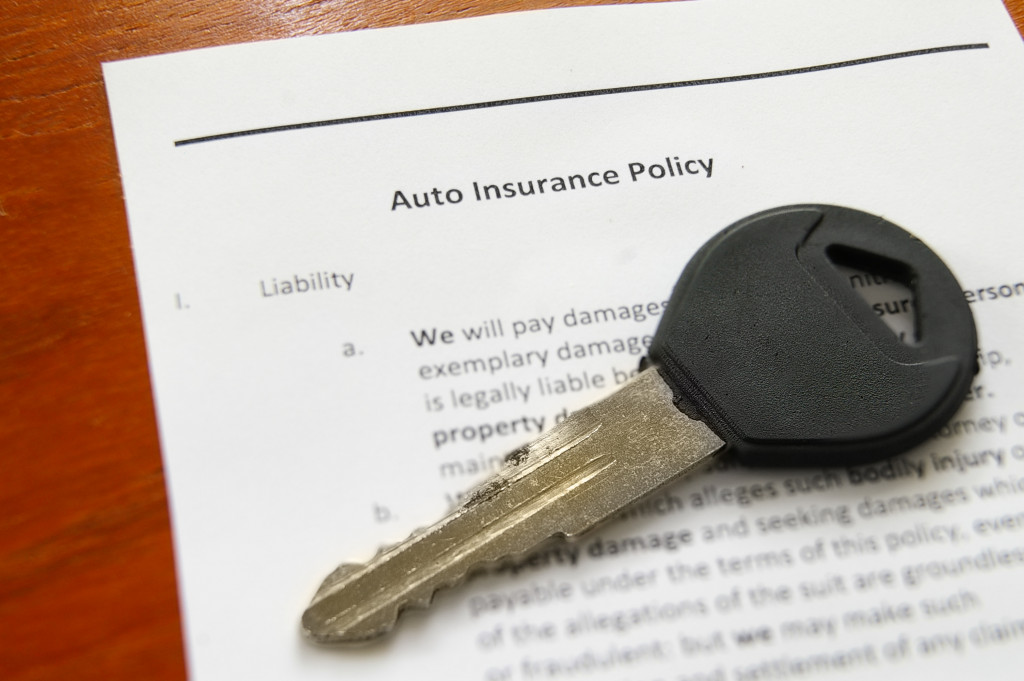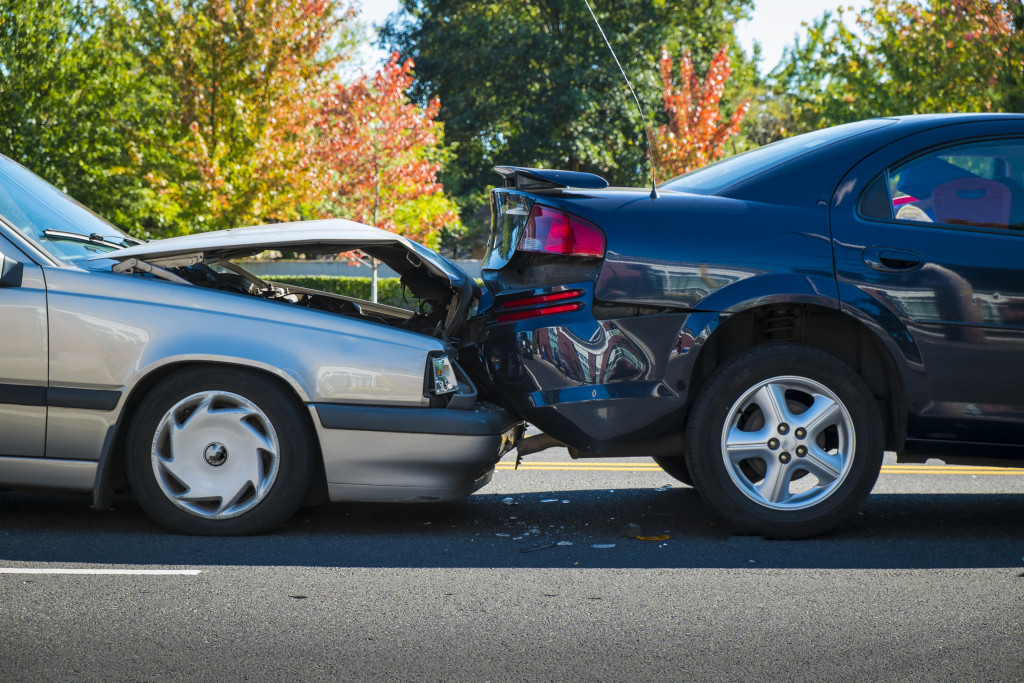- Recognize the signs of PTSD after a car accident to get the needed help.
- Seek help from trusted professionals such as automotive repair technicians, insurance companies, car accident lawyers, and financial advisers.
- Connect with support groups for car accident survivors to gain support from others who had a similar experience.
- Practice relaxation techniques to reduce stress and anxiety.
- Learn to manage triggers that remind you of the accident.
Car accidents can be traumatic, causing physical and emotional harm to those involved. Post-Traumatic Stress Disorder (PTSD) is a common condition that can affect car accident survivors, particularly women. PTSD can manifest in different ways, including flashbacks, nightmares, and feelings of anxiety, fear, and guilt. In this article, we’ll explore five effective strategies for women to overcome PTSD after a car crash and move toward healing.
1. Recognize the Signs of PTSD After a Car Accident
It is essential to recognize the signs of PTSD after a car accident so that you can get the help you need. Some common symptoms of PTSD include flashbacks, nightmares, irritability, avoidance of certain activities, and hyperarousal. You may experience these symptoms immediately after the accident or weeks or months later. Be aware of any changes in your mood, behavior, or physical health, and consider whether they could be related to the car accident.
To recognize the signs of PTSD, you can start by paying attention to your body’s response to stress. Notice if you are feeling anxious or avoiding certain situations that remind you of the accident. If you find yourself experiencing flashbacks or nightmares, try to ground yourself in the present moment by using mindfulness techniques. Understanding the signs of PTSD can help you seek help early on and get the support you need to overcome it.
2. Seek Help From Trusted Professionals
PTSD is a complex condition that requires professional help to overcome. Seek help from a mental health practitioner who specializes in PTSD. They can provide you with a diagnosis, develop a treatment plan, and offer you tools to manage your symptoms. Some treatment options include therapy, medication, and eye movement desensitization and reprocessing (EMDR) therapy.
Here are other professionals you should seek to help you after a car crash:
Automotive Repair Professionals
If you were involved in a car crash, it’s essential to have your vehicle professionally inspected and repaired by an automotive repair professional. Even if the damage appears minor or superficial, hidden issues may need to be addressed. A qualified automotive technician can help ensure your vehicle is safe and running correctly before you get back on the road. Additionally, they can provide helpful advice on how to take preventative measures and avoid future accidents.
Insurance Companies

Filing an insurance claim after a car accident can be a stressful experience. Working with your insurance company can help you navigate the process and understand your rights as an insured driver. Your agent will also inform you of any coverage limits or exclusions that may affect your claim. Additionally, they can help you obtain a rental car while your vehicle is being repaired and advise you on negotiating with the other party involved in the accident.
Car Accident Lawyer
Suppose you are considering filing a personal injury lawsuit due to your car crash. In that case, working with an attorney with experience handling auto accident cases is essential. A skilled car accident lawyer can help you identify potential legal remedies and prepare a strong case against the other party involved in the accident. They can also guide you on how best to protect yourself and your rights throughout the legal process.
Financial Professionals:
After a car crash, financial issues may arise that require professional assistance. Consulting with a financial adviser or accountant can be beneficial if you need help navigating insurance claims, understanding compensation issues, or budgeting for medical costs related to the accident. Additionally, they can advise on managing any lost wages due to the accident or how best to utilize your resources during this difficult time.
3. Connect with Support Groups for Car Accident Survivors
Connecting with others who have experienced a similar trauma can be a powerful tool in the recovery process. Consider joining a support group for car accident survivors to share your experiences, gain support, and learn from others who have gone through a similar experience. Support groups can provide a safe space to express your emotions, receive validation, and gain perspective.
Support groups can be found through various organizations, such as hospitals, community centers, or mental health clinics. You can also search online for support groups specific to car accident survivors or PTSD. Remember that you are not alone and that connecting with others who have gone through a similar experience can provide a sense of community and hope.
4. Practice Relaxation Techniques to Reduce Stress and Anxiety

PTSD can cause significant stress and anxiety, which can be challenging to manage. Practicing relaxation techniques can help you reduce your symptoms and promote a sense of calm. There are various relaxation techniques that you can try, including deep breathing exercises, progressive muscle relaxation, and guided imagery.
Deep breathing exercises involve taking slow, deep breaths and focusing your attention on your breath. Progressive muscle relaxation involves tensing and relaxing different muscle groups in your body, which can help release physical tension. Guided imagery visualizes a peaceful scene, which can help reduce stress and promote relaxation. Experiment with different techniques to find what works best for you.
5. Learn to Manage Triggers that Remind You of the Accident
Triggers are events or situations that can cause a person to experience fear and anxiety due to a traumatic event. Triggers related to car accidents may include driving, loud noises, or certain people or places. It is important to identify and manage triggers to reduce your symptoms of PTSD.
One way to manage triggers is by avoiding them whenever possible. For example, if you feel anxious when driving, try taking public transportation instead. You may also want to create an action plan when you cannot avoid a trigger. Write down coping strategies you can use when confronting the trigger and practice them regularly to become second nature.
In Summary
Recovering from PTSD after a car accident is possible with the right help and support. Use the above strategies to recognize the signs of PTSD, seek professional help, connect with support groups, practice relaxation techniques, and manage triggers that remind you of the accident. Remember that seeking help is a sign of strength and that you are not alone in your recovery journey. With patience and perseverance, you can move toward healing.

